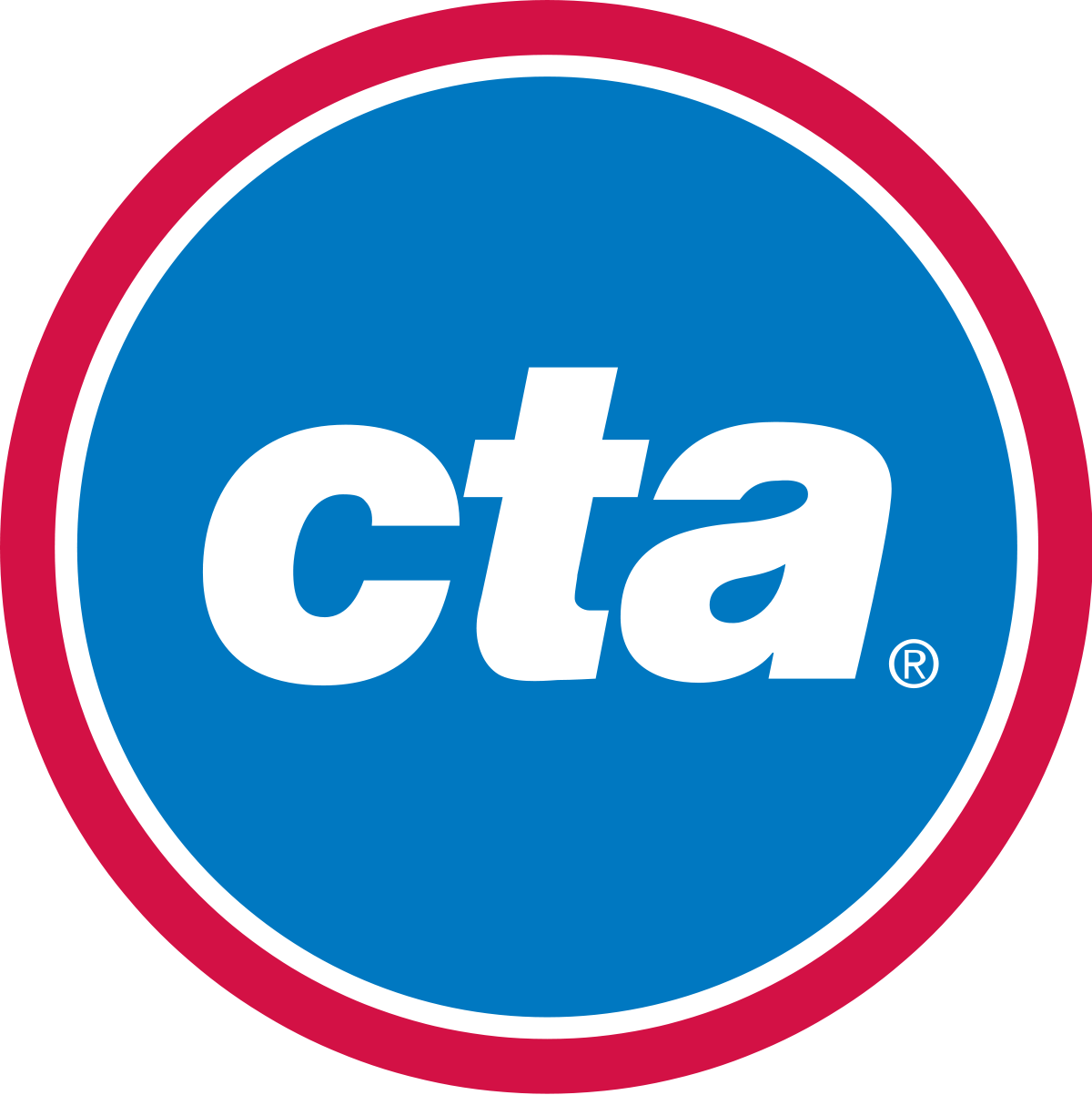Get Issuer Alerts
Add this issuer to your watchlist to get alerts about important updates.
Illinois legislators pass landmark transit funding and reform bill, averting fiscal cliff
View allNovember 14, 2025
A new era has begun for transit in the Chicago region. In the early morning hours of October 31, the Illinois General Assembly passed SB 2111, a landmark transit funding and reform bill. The legislation includes an estimated $1.2 billion in new annual operating funding for CTA, Metra, and Pace. This sustainable funding means riders will not experience service cuts or fare increases in 2026 and instead will benefit from continued improvements to service frequency, reliability, and safety in the coming years.
The bill reorganizes the transit system under a new regional authority, the Northern Illinois Transit Authority (NITA), replacing the RTA and taking on new responsibilities including setting fares, enhancing and coordinating service, overseeing long-term capital planning, and leading implementation of unified rider-focused tools such as more seamless mobile ticketing.
NITA’s board will include 20 members with 5 members appointed by the Governor, 5 by the Mayor of Chicago, 5 by the Cook County Board President, and 5 by the Collar County Board Chairs. Starting in 2027, after funding NITA expenses, ADA paratransit, and baseline funding for the Service Boards, remaining operating funding will be distributed to CTA, Metra, and Pace using a new formula that includes key performance-based metrics from the National Transit Database (NTD) and will later transition to distribution via a soon-to-be-developed service standards model that will help guide appropriate levels of service for different communities.
Where does the new funding come from?
The legislation identifies a variety of new revenue streams for transit operations.
- Dedicating existing sales tax on motor fuel: $860 million statewide ($731 million for RTA region and $129 million for downstate transit)
- RTA sales tax increase of 0.25%: $478 million for RTA region, pending approval by the RTA Board after the legislation’s effective date of June 1, 2026.
- New capital revenue from interest on the Road Fund balance: $200 million statewide ($180 million for RTA region and $20 million for downstate transit)
Simplified fare policy and purchasing with no fare increase in 2026
The legislation requires no fare increases for 2026. In the future, instead of each Service Board offering different reduced fares, NITA will have sole authority over all special fare programs for the entire regional transit system. And in 2028, NITA will implement several new fare programs, including fare capping, income-based reduced fare programs, and free and reduced fare programs for survivors of domestic violence and sexual assault.
In addition to setting all fare policy for the regional transit system, NITA will also be responsible for rolling out a unified fare collection system including a mobile ticket app by February 2030.
Improved frequency and reliability through service planning and standards
Beginning in December 2027, NITA will work with the Service Boards to develop a 1-3-year service plan with opportunities for public feedback. The service plan will aim to optimize the location, frequency, and days and hours of service and will address issues like reliability, cleanliness, safety, and coordination among CTA, Metra, and Pace.
The service plan must be consistent with new service standards adopted by the NITA Board that will help determine appropriate levels of service for different communities. These standards will be developed cooperatively between NITA and the Service Boards and will look to peer systems around the world to inform qualitative and quantitative attributes of good public transit. Once the service standards are implemented, NITA will meet with the Service Boards quarterly to ensure operations are continuing effectively and to address any issues related to the standards. NITA will also compile and publish reports comparing actual system performance to service standards. This reform empowers the regional authority to formally weigh in on service issues more regularly and prevent long-term service disruptions.
A safer, more secure system
The legislation requires NITA to develop various new staff positions, task forces, councils, and subcommittees in collaboration with law enforcement agencies throughout the region, as well as riders, social service agencies, and other public safety experts. The NITA Board will ultimately vote on whether to institute a sworn officer crime prevention program and will institute a transit ambassador program by July 2027. Transit ambassadors are trained, unarmed personnel deployed on buses and trains and at stops and stations to support riders. Responsibilities may include wayfinding and other passenger assistance and helping address safety concerns.
Learn more
SB 2111 is landmark legislation that establishes a new regional entity, with changes to board structure, recovery ratio requirements, funding distribution to the Service Boards, advisory councils, the budget process, transit-supportive development, and more. For more details on these changes and how the transition will occur, read RTA’s preliminary bill summary.

